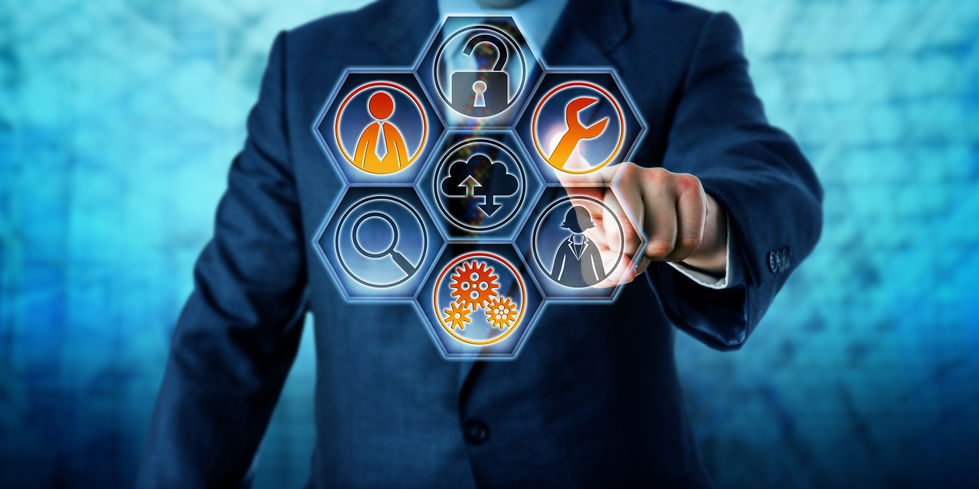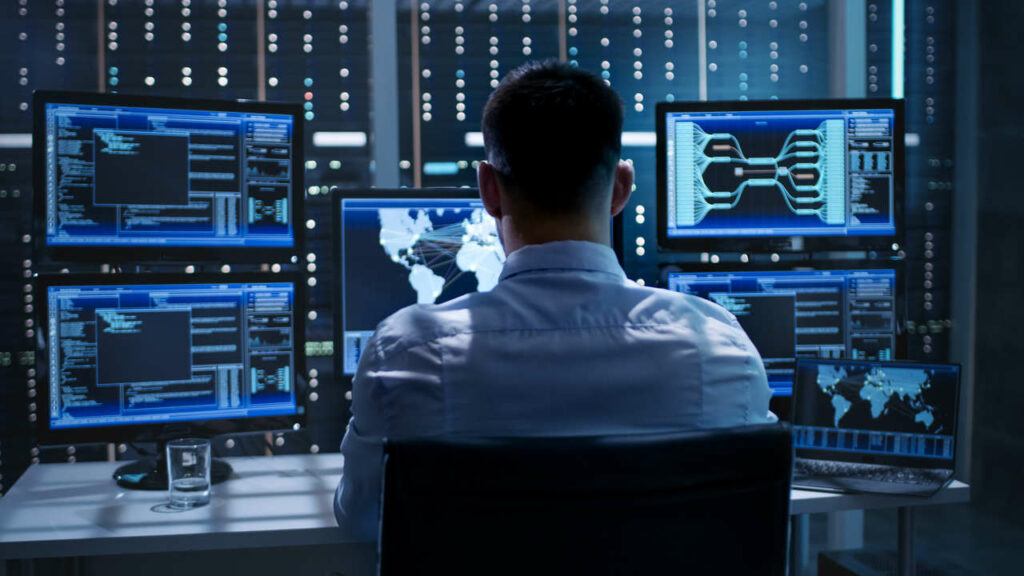During the corona pandemic, operating and controlling a system remotely becomes more important. Safety and the avoidance of potential risks are essential, also when it comes to your alarm management. Time for an interview with Solution Consultant Ferdinand Coster of Yokogawa on how he is currently helping customers with remote alarm management.
What do you do as a consultant regarding alarm management?
Effective alarm management leads to safety and risk reduction. After an improvement process, you gain more insight into the operating conditions, eliminating any blind spots that could lead to unnecessary downtime of the installation.
Coster: ‘In my role as a consultant I am mainly involved in advising and guiding clients. For alarm management, this results in workshops of one to several days with a multifunctional team of the customer. Think of operators, process engineers, control system engineers, but also operations management, HSE, and maintenance‘.
What can you do as a consultant with remote alarm management?
Although on-site consultancy and physical meetings are still the norm, Yokogawa understands that with today’s (intelligent) lockdowns and 1.5-metre economy, it can be a serious challenge to free the members of a multifunctional team from their activities and bring them together for a significant amount of time, especially if the travel distance is considerable. Where practically possible, we can therefore also offer many of the steps in the program as a remote variant, organising the workaround teleconferencing and a complete digital toolset, allowing a higher degree of flexibility.
Coster: ‘Unfortunately, you lose some of the momentum, the moment you carry out these workshops in a teleconference variant. I have therefore revised the ‘scripts’ of my workshops to make them effective and enjoyable teleconferencing sessions‘.
Which services can be remote?
‘Consultancy remotely is possible for activities that do not require physical access to the plant and/or systems. For alarm management, for example, this involves training, the establishment of a philosophy, and the supervision of alarm rationalisation. What is not possible remotely, for example, is an audit‘. according to Coster.
Do you have any tips on how to put remote services into practice?
Coster: ‘First of all, everyone in the team must have the means to participate in a teleconference; having a laptop with a camera, for example, is not always a matter for operators. Secondly, teleconferencing is mentally more tiring than an ordinary meeting and it is more difficult for participants to keep their attention for a long time. That is why it is a good idea to divide the meetings into shorter parts; for example, four times two hours instead of one day. Of course, you have to make sure that the content is well demarcated into separate parts. Finally, it has become even more important to make sure that everyone has seen or heard the information that passes by; stop and ask around more often, write down more than usual, and when important decisions are involved, record the conversation’.
How do you keep an overview of this new situation?
Coster: ‘My experience is that more communication, mutual confirmation, and more documentation works best. Take recordings if necessary and make sure you have shorter blocks with a tightly defined theme so that the level of concentration remains high!’
More information
Our consultants are happy to help you with operational efficiency, a problem-free process environment, and improvement processes such as alarm management. Regardless of brand or technology platform, we deliver a complete program, from training to planning to a tailor-made improvement trajectory. Please contact us for more information via your contact person or +31(0)88 464 1000 / info@nl.yokogawa.com.





